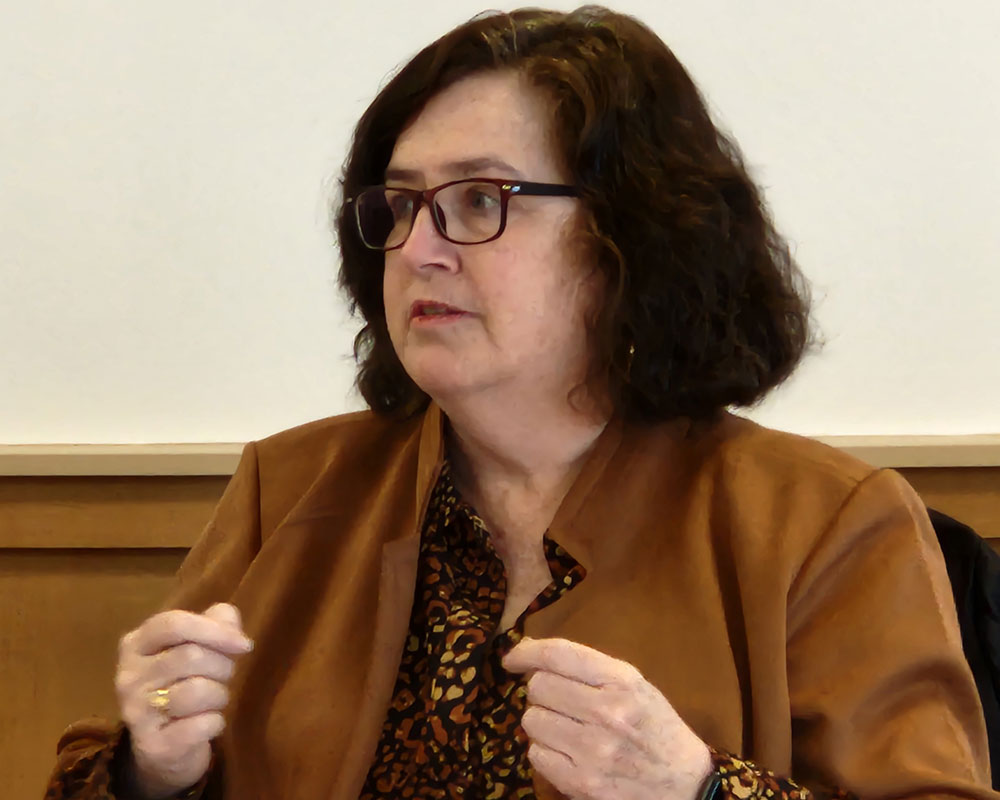Haverhill city councilors voted unanimously to send the city’s new data-driven plan for policymaking to its Planning and Development subcommittee last night.
Despite having already been initiated by the city, Council Vice President Timothy J. Jordan and Councilor John A. Michitson said they brought it before the Council to make the body a “proactive and equal partner,” as Michitson put it.
“And I just have one caveat to start with—that of course we’ve used data in decision making over the years,” he added. “The difference is that we want to build that into our culture.”
ClearGov, budget management software, will help with daily operations as well as planning for the future, according to Jordan. He said he learned of the new plan after a “preliminary budget board meeting,” a new body including Mayor Melinda E. Barrett, Haverhill Chief Financial Officer Angel A. Perkins, Michitson, Councilor Colin F. LePage, School Committee member Thomas Grannemann and Health and Inspectional Services Director Richard MacDonald.
“Having good data is going to help us make better decisions with items such as approving or not approving housing developments. Such approvals have short- and long-term implications,” he said. “We need to be thinking about the impacts on our schools that are at or near capacity. We need to consider the impacts that these will have on our existing infrastructure that we know is already strained.”
All data collected will be made available to the public through an online platform, Michitson said, allowing taxpayers to see where their money is going. The policymaking process begins with identifying a desired outcome and the metrics—qualitative and quantitative—that describe the problem being addressed, according to Michitson. The city then identifies action steps.
He cited an example from Austin, Texas, where the city government aimed to give residents more economic resources. If Haverhill were to work toward the same goal, Michitson suggested the city partner with organizations that provide relevant services. He also mentioned employment, income inequality, cost of living, housing and homelessness as issues to tackle.
“These are the things that really matter in our community, and we don’t typically address these, but, again, I’m just putting these out there as examples,” he said.
Councilor Shaun P. Toohey recommended the Council use the new tool to inform their housing decisions. Citing discussion in the community, he urged councilors to consider school capacities before issuing special permits to residential developers, for example. Barrett agreed.
“And that’s why we’re doing this budget board, and trying to change the way we’re approaching the budget,” she said. “Rather than shoot from the hip and careen from one crisis—and they’ll still come up—to another, try to get a handle on everything, and become more professional in how we deal with our budget and our departments and how we achieve things.”
Calling back to a disagreement, Michitson said their fathers also had 30 years prior, Councilor Melissa J. Lewandowski cautioned the city to not rely exclusively on data. With Lewandowski a lawyer and Michitson an engineer, she advocated the city strike a balance between their professions’ different styles of problem solving.

